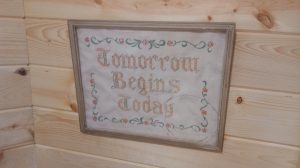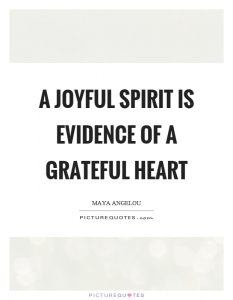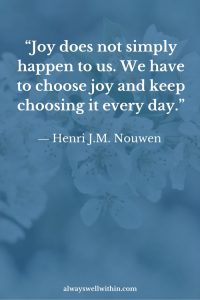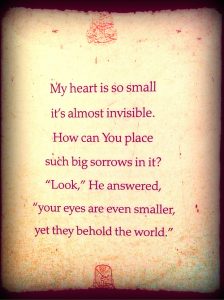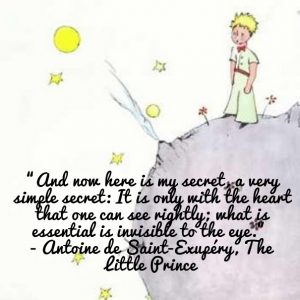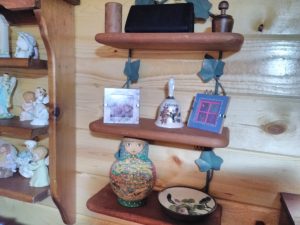I’m a shameless purveyor of lessons learned by eavesdropping.
A few days ago, I sat in a coffee shop and heard a young man on the phone with his mother, prompting me to send a note to a friend whose son, of the same name as the boy in the store, died several years ago. Later, two women sat at the bar above me sharing a dessert. Neither weighed more than a hundred pounds; either could probably stand to have eaten a whole portion. Nevertheless, they took delicate bites from opposite sides of the same small treat and gossiped while I kept an ear turned to their conversation.
One said, She gets so wrapped up in everything. The other nodded. Yeah, I know. I mean, she takes single-minded focus to new heights.
Just like that, time tore my heart back to the sight of my mother sitting beside a hospital bed. Under an oxygen tent on that bed, her own mother’s chest rose and fell, struggling for air. My mother’s eyes kept downward, to an embroidery hoop in her lap. She pulled each stitch through with extraordinary care. Once in a while, she dropped the work into a bag next to her chair. She’d stand, lean over my grandmother, and study her face. She’d whisper, Hang on, hang on, hang on. Then she’d fall back, pick up the fabric in its metal hoop, and continue where she had stopped.
After my mother died, years later, I found the piece in a drawer of her vanity still in its hoop. I opened the hoop, slid the fabric out, and studied my mother’s stitches. Then I steamed and framed it. It’s been with me ever since. It hangs here at Angel’s Haven. You can still see the mar left by the hoop. It reminds me of my mother, sitting at my grandmother’s side for hours on end, willing her to live.
It took only a few minutes for me to recall another time when I witnessed such single-minded focus.
In 1981, Bradley Boan marched into Kansas University Medical Center’s emergency room, murdered a patient’s mother and a doctor, and fled. The jarring sound of shotgun blasts drove everyone else present into rooms, under counters, behind walls, and beneath chairs.
In a treatment room, a group of us huddled where the SWAT team had directed us to hide while they completed their search. On one side of the room, my friend Joyce and I helped a young mother calm her baby. I fiddled with the bracelet bearing my name and date of birth, straining against the pain in my side which had brought me to the ER that night. Across from me, a man in a white lab coat sat on the floor with his back against a wall. He balanced a chart on his knees, clutching a pen in his left hand. I watched as he wrote, presumably recording treatment, possibly mine. He’d finish one chart, put it on his right, and lift another from a pile on the left.
The entire time, tears streamed down his cheeks. He seemed unaware of them, steadfastly doing his job notwithstanding his certain knowledge that a colleague’s body lay under a blood-stained sheet just a few feet away.
I finished my coffee and left the shop before any of the people whose conversations had intrigued me. As I drove from Lodi back to the Delta Loop on which I live, swans, cranes, and geese flew overhead, flocks on migratory trips. They spend time in the marshes on the islands of the Loop. They return each year. I’m told one particular crane regularly lands on the marina across from my park. He studies the diners on the deck. No one bothers the bird, and eventually, he resumes his journey. He comes back every year, staring at those who dine outside, not bothering anyone, just watching while he rests. When I hear this story, I cannot suppress my unexpected envy and admiration for that crane’s persistence, however instinctive it might be.
It’s the fourth day of the fiftieth month of My Year Without Complaining. Life continues.
